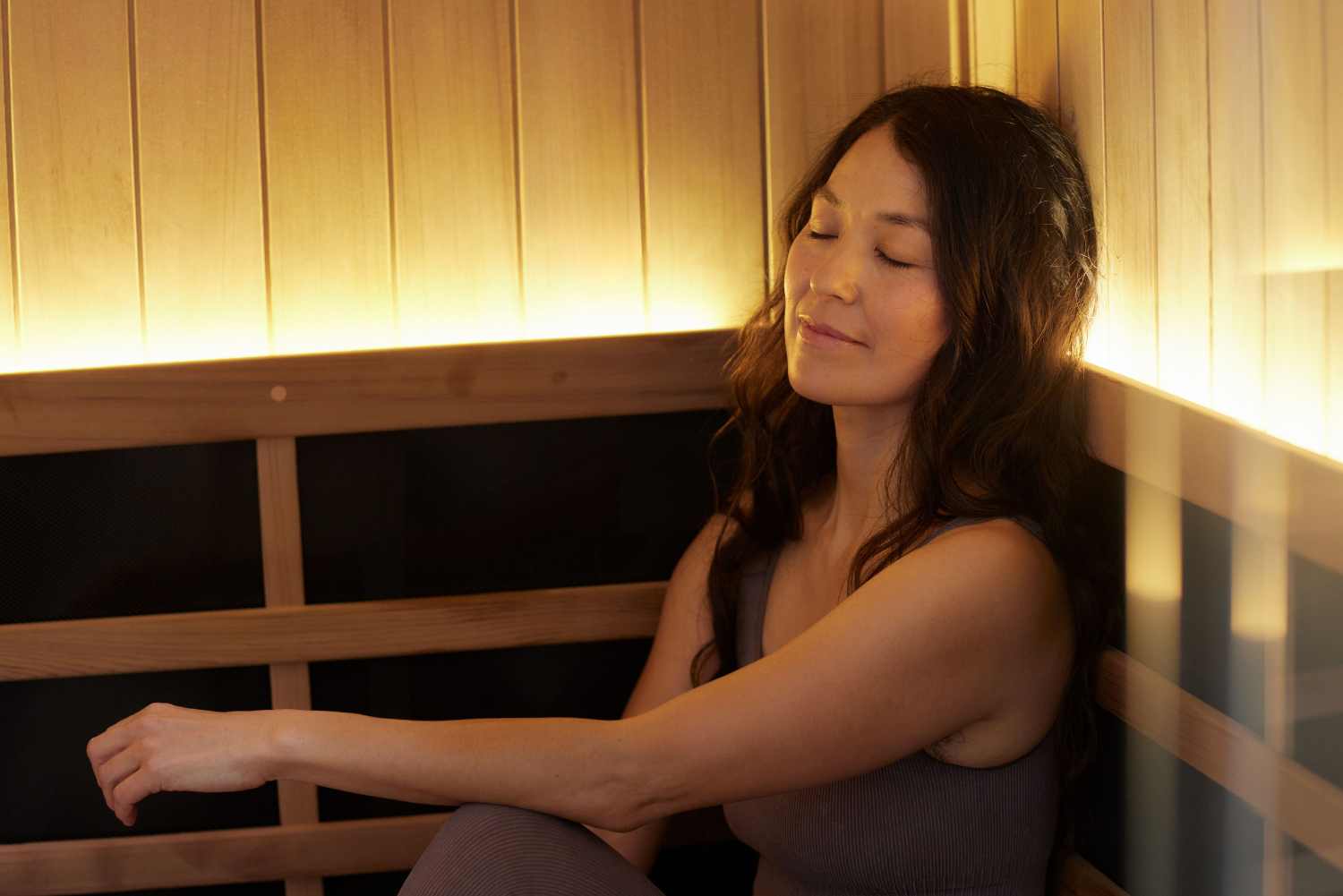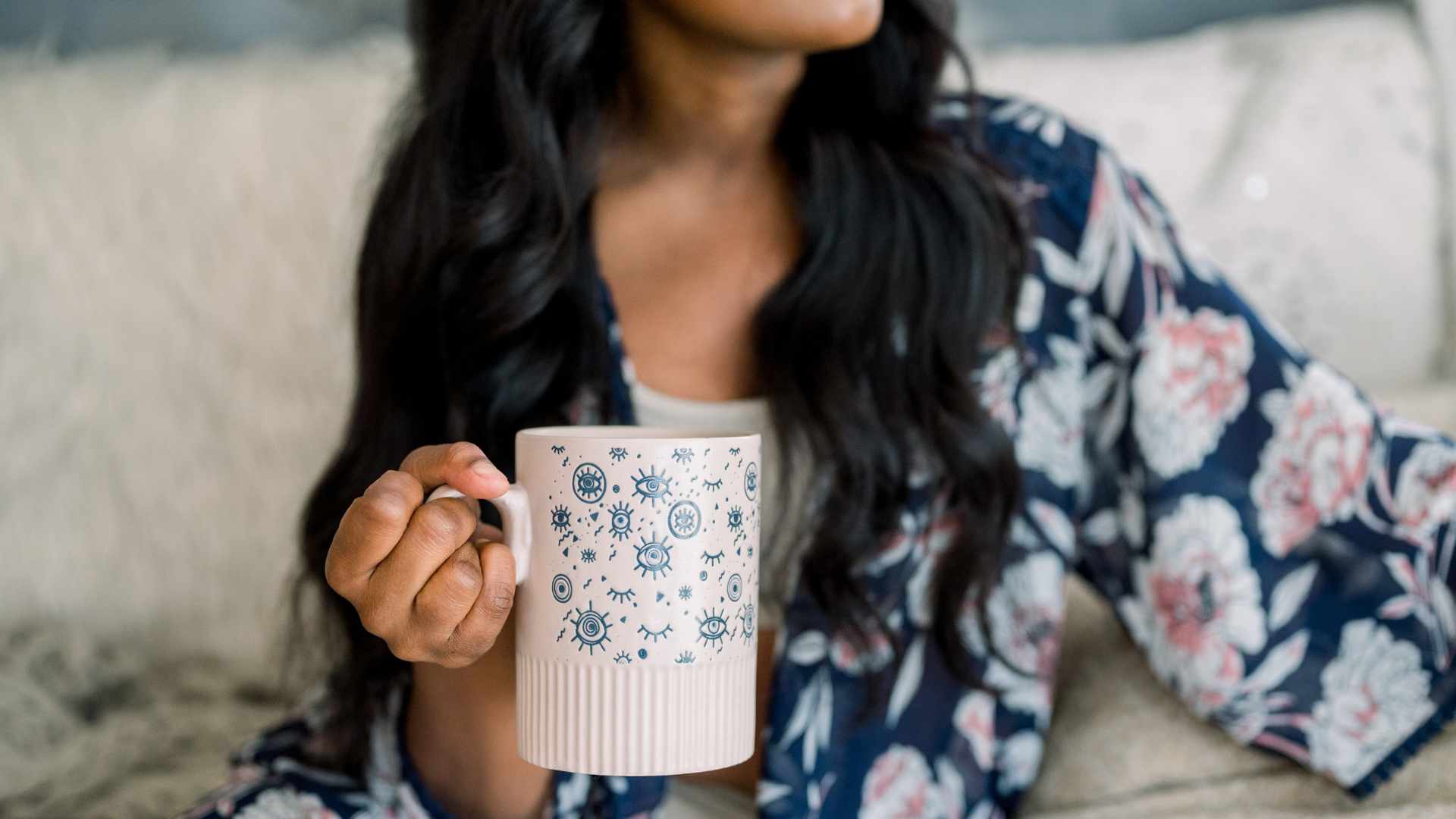May is Mental Health Awareness Month, an opportunity to shed light on the tools and practices that can enhance our mental well-being. Among these tools, cold water therapy emerges as a compelling method to improve mental health. Rooted in ancient traditions and validated by modern science, cold water therapy is gaining recognition for its mental health benefits, including reducing stress, improved mood, and increasing resilience.
Understanding Cold Water Therapy
Cold water therapy involves immersing the body in cold water (typically around 59 degrees Fahrenheit or lower). This practice can range from cold-plunging at WORTHY to open-water swims in chilly environments. The immediate physical response to cold exposure is vasoconstriction, where blood vessels narrow, followed by vasodilation, where blood vessels widen as the body warms up. This process boosts circulation, reduces muscle inflammation, and stimulates the release of endorphins, the body’s natural painkillers and mood elevators.
The Mental Health Benefits of Cold Water Therapy
The mental health benefits of cold water immersion are profound and multifaceted:
- Stress Reduction: Cold water therapy has been suggested to decrease cortisol levels by up to 30% and increase dopamine levels by 250%. These changes can significantly impact one’s ability to handle stress more effectively and enjoy a more balanced mood.
- Enhanced Mood: The shock of cold water triggers a flood of endorphins, which can lead to feelings of euphoria. Regular practitioners often report higher energy levels and an improved overall mood.
- Increased Resilience: Regular exposure to cold water can help the body learn to adapt to stressors more efficiently. This adaptation may extend beyond physical resilience to improve emotional and mental resilience, helping individuals manage life’s challenges with greater ease.
How Cold Water Therapy Works
The mechanism behind cold water therapy’s benefits is rooted in its impact on the body’s physiological processes:
- Thermal Regulation: Immersion in cold water forces the body to regulate its internal temperature more aggressively, which can improve metabolic rate and energy consumption.
- Nervous System Activation: Cold exposure stimulates the vagus nerve, which is crucial for parasympathetic nervous system activation—the part of the nervous system responsible for relaxation and digestion.
- Improved Circulation: Alternating between hot and cold water (contrast therapy) enhances blood flow, delivering more oxygen and nutrients to tissues and promoting the removal of waste products from the body.
The Science Behind Temperature Therapy and Stress Relief
Temperature therapy, encompassing both cold and heat therapies, has a direct impact on stress reduction:
- Endorphin Release: Both cold and heat can stimulate the release of endorphins, providing a natural mood boost.
- Blood Flow Optimization: The alternation between constriction and dilation of blood vessels during temperature therapy enhances circulation, which is key for reducing inflammation and promoting muscle relaxation.
- Stress Response Training: Regular exposure to temperature extremes teaches the body to modulate its stress response more effectively, potentially lowering chronic stress levels and enhancing mental clarity.
Practical Tips for Incorporating Cold Water Therapy at WORTHY
Incorporating cold-plunging to your self-care routine can be a transformative experience, especially when supported by the right guidance and environment. Here are some practical tips for those visiting WORTHY, tailored to help you integrate cold water therapy effectively into your wellness routine:
- Work with a Cold Coach: At WORTHY, we offer the expertise of dedicated cold-coaches who guide you through the process of cold water therapy. These trained professionals help you understand your body’s reactions to the cold, teach you breathing techniques, and ensure your sessions are both safe and effective. This personalized guidance is invaluable for beginners and experienced individuals alike.
- Try Contrast Therapy Sessions: Engage in contrast therapy by alternating between cold plunges and other warming treatments available at WORTHY. This method stimulates circulation and enhances the lymphatic system’s functionality, leading to improved muscle recovery and a boosted immune system. Our state-of-the-art facilities with our Morozko forge and infrared saunas provide the perfect setting for safely experiencing these temperature extremes under professional supervision.
- Book Regular Sessions: Consistency is key in any wellness practice. Schedule regular sessions at WORTHY to truly benefit from the mental and physical improvements cold water therapy offers. Regular exposure can help condition your body and mind to handle stress better and improve your overall resilience. Explore our memberships for your perfect match.
Integrating Cold Water Therapy Into Your Routine
As we observe Mental Health Awareness Month, incorporating practices like cold-plunges into our routines can be a transformative step towards better mental health. At WORTHY Self-Care Studio, we encourage you to explore how cold water therapy can fit into your personal wellness journey. Whether you’re a seasoned athlete, a busy mom, or anyone in between, the benefits of this practice can be a game-changer for your mental and physical health.
Explore the refreshing path to mental clarity and resilience with us. Embrace the cold, and let it propel you towards a healthier, more vibrant state of being. Join the community at WORTHY, where we provide a supportive environment to explore and experience the powerful benefits of cold water therapy and other science-backed wellness practices.



